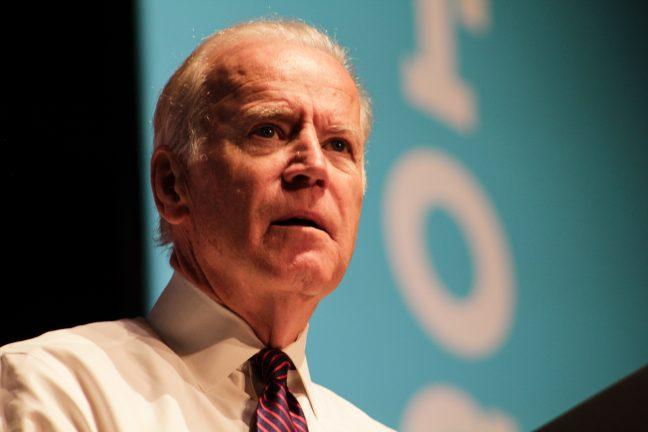Despite the budget cuts and tuition hikes, they say it is still a good deal.
Although the University of Wisconsin system has taken a fiscal beating over the past two years, coping with $250 million less in state funding that subsequently forced tuition up 37.5 percent, many state officials and university administrators contend Wisconsin students are still lucky enough to take advantage of some of the lowest tuition levels among Big Ten universities.
But many say the comparatively cheaper costs are still not good enough.
“Tuition is not an athletic conference,” said Stephanie Hilton, president of United Council of UW Students.
Hilton says the, “state is to blame” for the rise in tuition because its massive budget cuts to the university system resulted in increased reliance on student money to fund UW. She added the Wisconsin Idea, that “The borders of the university are the borders of the state,” is no longer being fulfilled, since the legislature has not ensured education remains affordable for all citizens.
“[Higher education] is not affordable anymore.”
Regent Roger Axtell agrees, saying the tuition hikes are necessary because the state is shirking its responsibility to provide high-quality, low-cost education to Wisconsin students. The state, which supplied 50 percent of UW’s budget in the 1970s, now only allots 27 percent of the university’s total costs.
But the tuition hikes are not Axtell’s only worry. The continuing evidence that the quality of Wisconsin’s higher education is in decline, from the more than 600 faculty members who have left state public schools to the 40 percent of system-wide classes taught by non-tenured professors, is even more alarming.
Although tuition has risen to cover the lack in state funds, a nearly $100 million dollar shortfall in the UW budget remains.
“We have gotten ourselves into a hole in terms of quality,” he said, adding students are paying more for less. Yet some on the Board of Regents claim those arguments are “cute” and “simplistic.”
“[Students] are paying more for the same,” said Regent Vice President David Walsh, adding UW educational quality remains identical to its past levels because tuition hikes filled the fiscal hole where state support has slacked.
Walsh, who proposed a 7.3 percent tuition increase but was shot down by the board in favor of the smaller tuition jump, said though tuition should always be the last source of funds, students will inevitably continue paying more in light of the state’s budgetary woes. He said it is “unrealistic” to expect the legislature, which must pass the regents’ proposal into the state budget, to keep tuition hikes as low as initially proposed — meaning students should expect that costs to attend UW will continue to rise.
“I think we are being naíve if we think that Wisconsin taxpayers are going to pay for all of this,” he said, but added allegations that UW is increasingly becoming privatized are ludicrous.
“People who use the word [privatization] don’t know what that means,” he said. “You can’t privatize a public university … It’s a lot more complex than that.”
But many experts say the state of public education in Wisconsin, though not close to being on its way out, is increasingly in danger as the state foots less and less of the university’s bill.
“If the state doesn’t pay … who’s left?” University of Wisconsin educational administration professor Jacob Stampen said. “It’s really frightening.”
Stampen pointed to politics as the lock and key to continuing tuition hikes, saying the university is no longer a high priority for a state government increasingly turning its back on investing in Wisconsin’s higher-education system.
Rep. Spencer Black, D-Madison, said the legislature would not uphold the 4.3 percent tuition-hike proposal, to be matched by a 7.2 percent increase in state funds, if Republicans continue to control both houses of state government.
Walsh, however, contends the budget battle is not, “a political fight between Republicans and Democrats. It’s about people who want to spend money in [different ways].”
Indeed, as fiscal shortfalls keep plaguing the state’s own budget, money sponges like Medicaid and corrections costs continue to rise. A government that used to make UW a high priority has changed its emphasis to other areas, says Walsh.
But some contend that despite a seemingly disinterested state government busy funding other priorities, the university should still push the legislature to enact lower tuition rates even if the university is forced to jack up prices anyhow.
“We should not ask for what we think we will get. We should ask for what we need,” Axtell said, noting he suspects the regents’ proposal would go through a “torture chamber” by the legislature before being finalized.
Regardless of the legislature’s final decision, students can expect tuition rates to remain high at least for a while. And the university system will have to continue coping with a budget crisis that could make solidifying the Wisconsin Idea into a reality just a little too hard to come by.
“In a perfect world, there wouldn’t be any tuition,” Axtell said.















